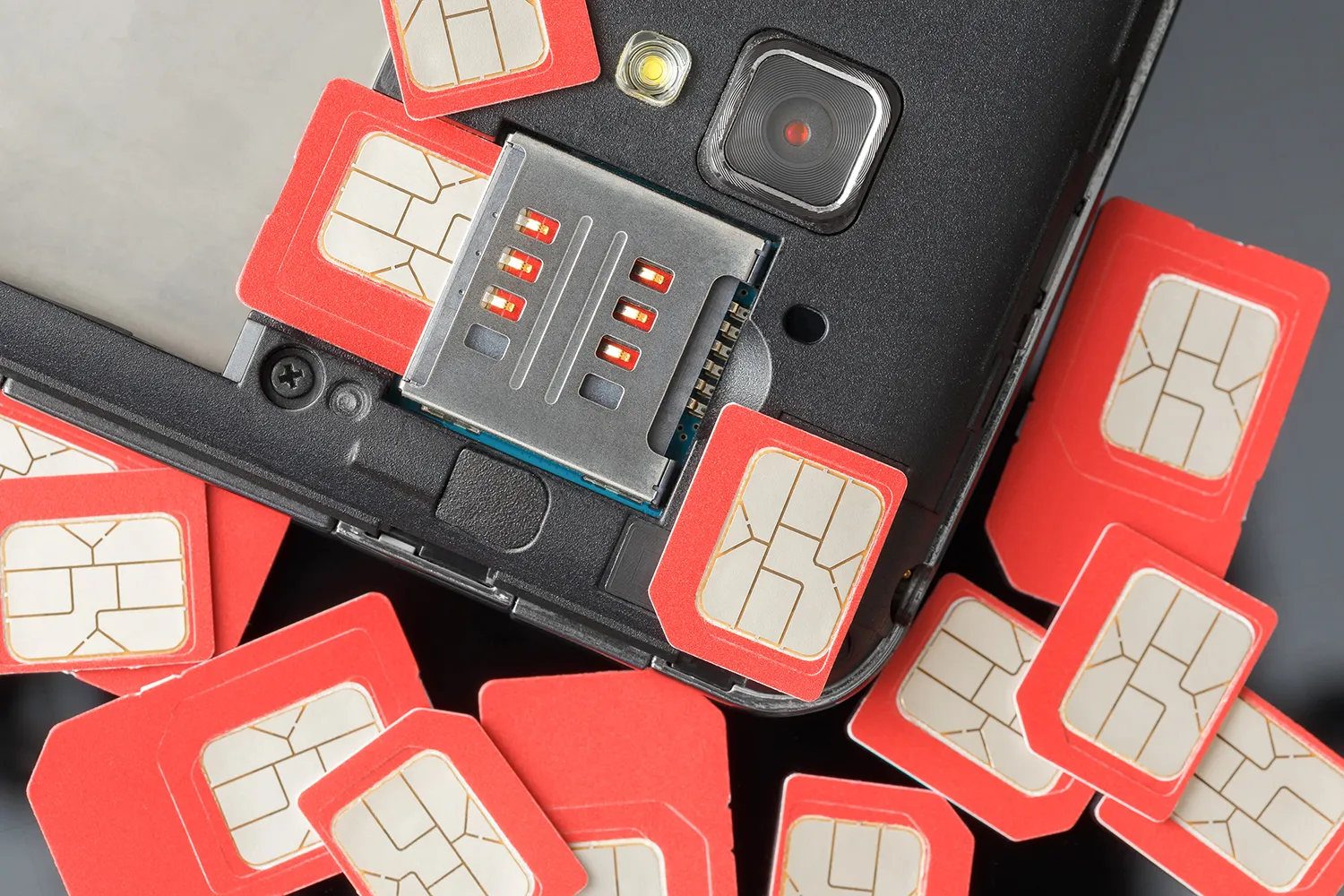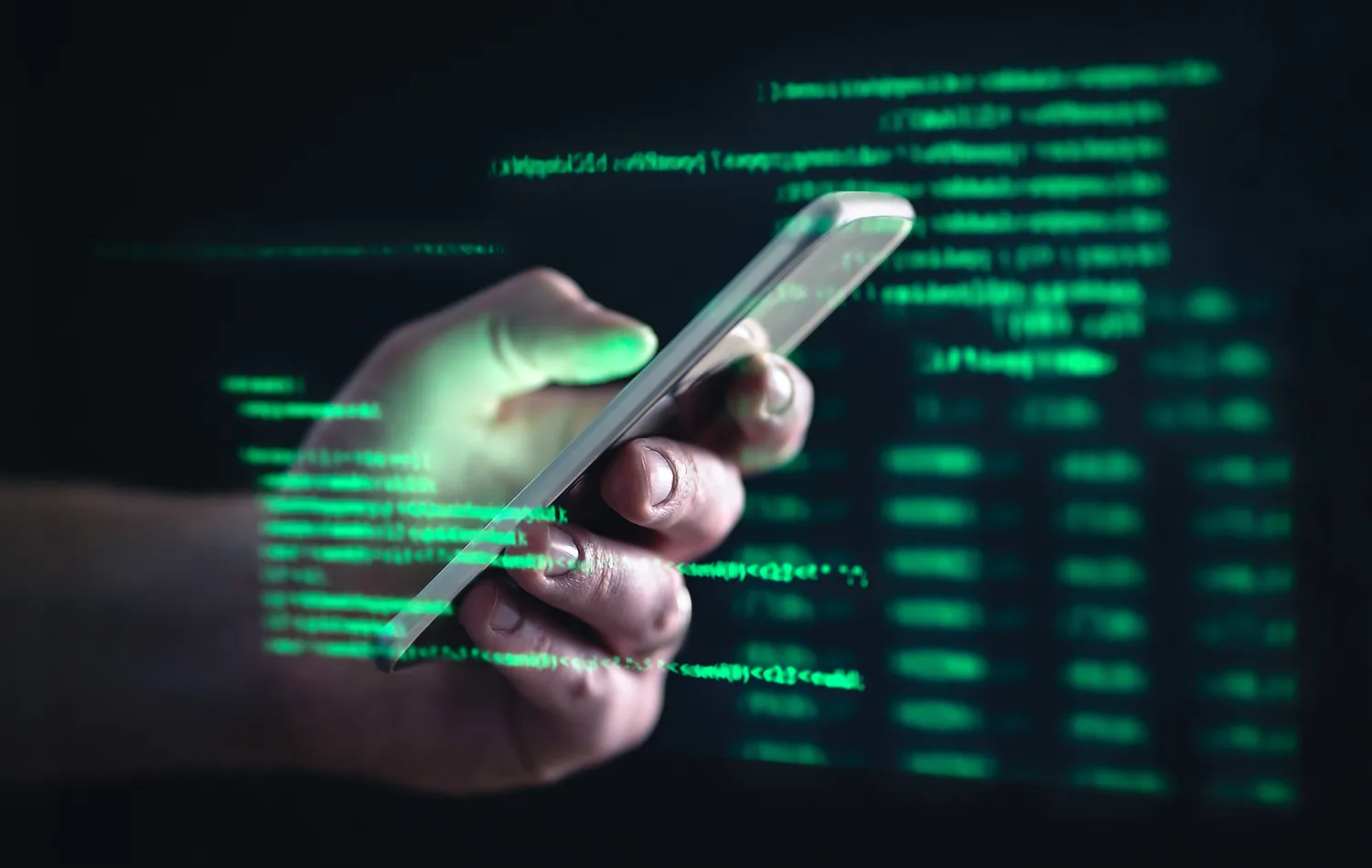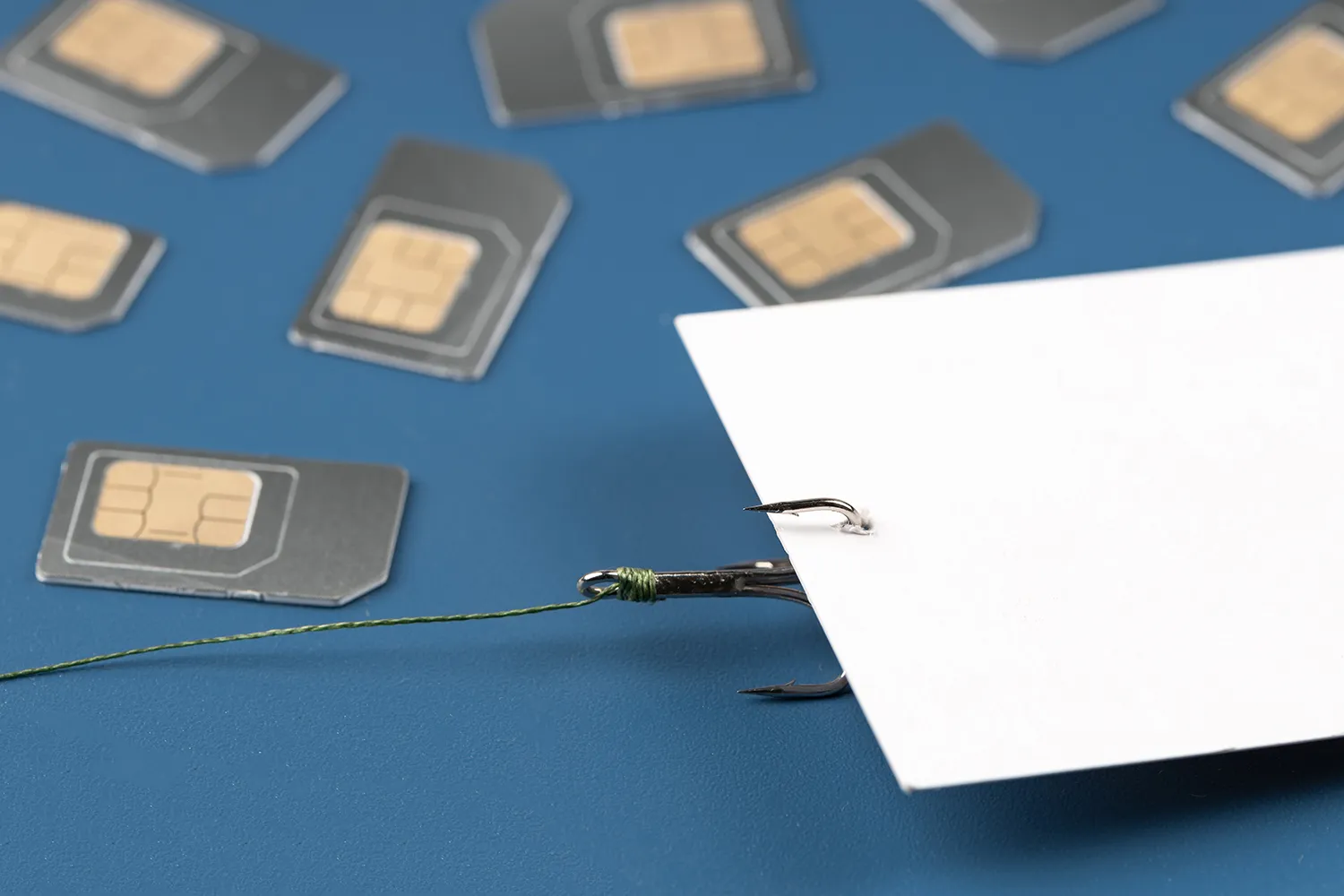For User Protection: Russian Researchers Develop AI-Driven System to Detect SIM Card Cyberattacks

A team at Saint Petersburg Electrotechnical University 'LETI' has developed a hardware–software system capable of detecting cyberattacks on SIM cards by monitoring the power consumption of mobile devices and identifying anomalies that may indicate side-channel exploitation
How It Works
The system’s modular architecture includes four components: a contact data verification block, an analysis block, a control block, and a cryptographic module. Power consumption analysis is conducted automatically, making it possible to spot abnormal patterns that suggest an attack attempt.
SIM cards remain critical for authentication, mobile connectivity, and secure communication. A compromise at this level can lead to identity theft, data breaches, and financial losses. According to the 'LETI' team, their approach enables detection of vulnerabilities before adversaries can exploit them, giving operators and enterprises time to respond and strengthening the resilience of national telecom infrastructure.

This innovation also has international potential. Power consumption analysis is a universal method that can be adapted for different environments, making it appealing for export to countries focused on strengthening mobile security.
Integration Into Cybersecurity Ecosystem
In Russia, the solution could be deployed by telecom operators, infrastructure providers, or integrated into mobile device security services. The project, titled 'Hardware–Software Complex for Auditing SIM Card Security Against Side-Channel Attacks,' is funded by LETI’s internal scientific program, enabling further industrial collaboration and future embedded solutions for mass markets.
The development builds on a growing Russian cybersecurity ecosystem. In 2025, ITMO students and Raft introduced HiveTrace, the country’s first AI monitoring and protection platform, shielding models against 7 of the 10 most critical vulnerabilities. Beeline and Kaspersky Lab also announced a joint product that integrates directly into telecom networks to protect subscribers from phishing, scams, and malware.
The 'LETI' project expands these efforts into the underexplored domain of SIM card protection—an area where global solutions remain rare.

Looking Ahead
The next phase of development includes industrial testing with telecom operators and integration with existing defense infrastructure. Researchers also see strong potential for industrial partnerships and eventual export of localized cybersecurity products.
Experts caution, however, that defending against modern cyber threats requires a layered approach: combining network-level protection, device-level safeguards, and user awareness initiatives.











































